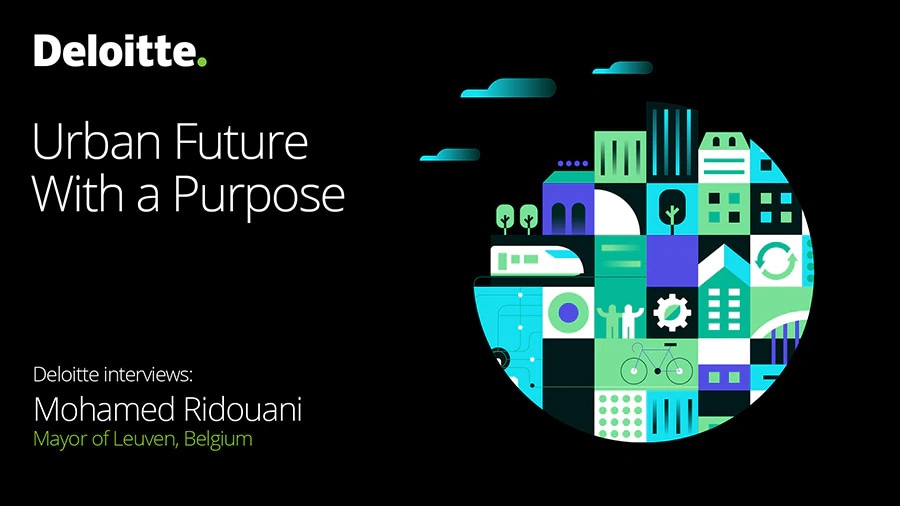15-Minute City
Cities tend to be designed so that amenities and most services are within a 15-minute walking or cycling distance, creating a new neighbourhood approach.
This is all about ’living locally’.
The ‘15-minute’ city concept – developed primarily to reduce carbon emissions by decreasing the use of cars and motorised commuting time – is a decentralised urban planning model, in which each local neighbourhood contains all the basic social functions for living and working. Many people argue that the concept of creating localised neighbourhoods in which residents can get everything they require within 15-minutes by walking, cycling or on public transport will ultimately improve the quality of life. Such spaces entail multi-purpose neighbourhoods instead of specific zones for working, living and entertainment, reducing the need for unnecessary travel, strengthening a sense of community, and improving sustainability and liveability.
Today most cities have ‘operation-based’ neighbourhoods, with separate areas used predominantly for business or entertainment; and fragmented urban planning results in a sprawl, with people having to travel long distances across the city to get to their destination. In contrast, compact cities of the future, or ‘hyperlocalisation’, prioritise strategies for urban infrastructure that aim at bringing all the elements for living and working into local communities.
The ’15-minute’ city is an iteration of the idea of ‘neighbourhood units’ developed by American planner Clarence Perry during the 1920s. The theory of ‘new urbanism’, an urban planning and design concept promoting walkable cities, subsequently gained popularity in the US in the 1980s. Similar versions of ‘urban cells’ or 30- and 20-minute neighbourhoods have also emerged across the globe in the past decade.
The re-zoning model will gain further traction in future, boosted during the COVID-19 pandemic by new ways of working that require less transport. With climate change as a major global concern, C40 in its C40 Mayors’ Agenda for a Green and Just Recovery 1 has recommended this model for cities worldwide, arguing that its pedestrianisation approach contributes to a reduction in greenhouse gas emissions and supports environmental sustainability. Most notably, the ‘15-minute city’ was popularised in 2019 by Paris and is a flagship initiative in the current programme for the city.
The aim is to make essential amenities, different housing types and more green spaces available within a 15-minute walking or cycling distance. Some cities like Paris and New York, which are relatively more mature with regard to this concept, have launched participatory budgets to promote local engagement as a part of their city transformation strategy. Cities that focus on new urbanism and flexible concepts, such as Bogota, Seattle and Milan, are prioritising investment in walking and cycling infrastructure. While this approach may not be entirely applicable to every city – for example it is probably more suitable for a big metropolis than for smaller cities – remote working and the digitalisation of services have increased the impetus to apply the principle of neighbourhood planning regardless of city size.
“I would like to live in a self-sustainable city. As an urban planner, I focus on the importance of neighbourhood planning and the 15-minute city offers you that self-sustainability.”
-Maimunah Mohd Sharif, Executive Director of UN-Habitat
“Companies are planning to have local satellite offices near where people live, that will reduce commuting. It may well end up with a lot of underutilised property in cities that could be converted to more affordable housing and in these suburban areas it will encourage the development of the assets of the city: villages, kind of micro cities. Cities can be a network of more livable resilient communities. This is an inevitable trend.”
-Kent Larson, Director of CityScience Group at MIT MediaLab
Video Interviews
Interview with Maimunah Mohd Sharif, Executive Director, UN-Habitat

Podcast with Uwe Brandes - Faculty Director, Georgetown University Global Cities Initiative

Podcast with Kent Larson, Director of City Science Group, MIT Media Lab and Marcus Elkatsha, Urbanist at City Science Group, MIT Media Lab
Get in Touch
Diogo Santos
Consulting Partner, Deloitte Portugal
+353 14172515
Miguel Eiras Antunes
Global Smart City, Smart Nation & Local Government Leader
+351 210427542

